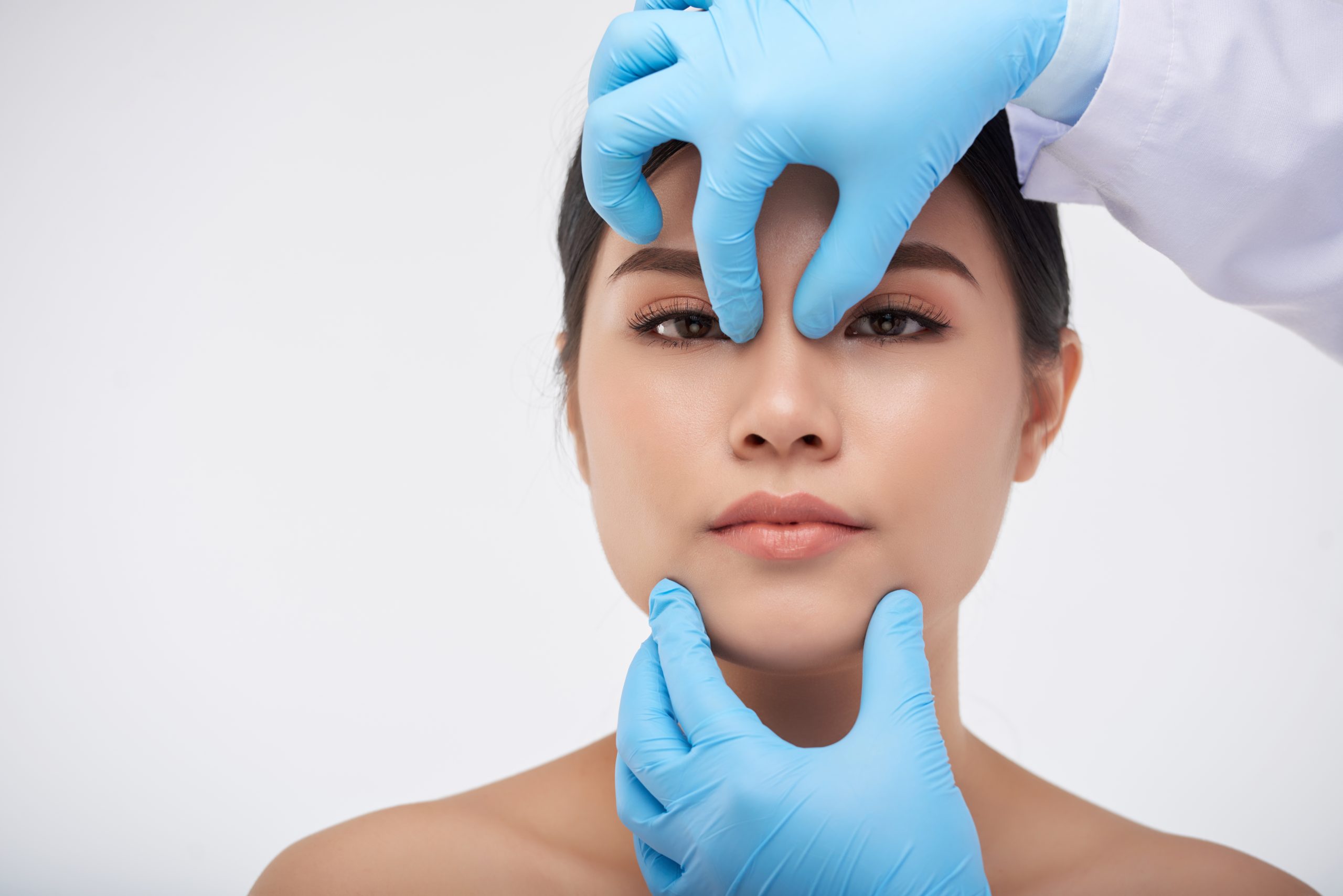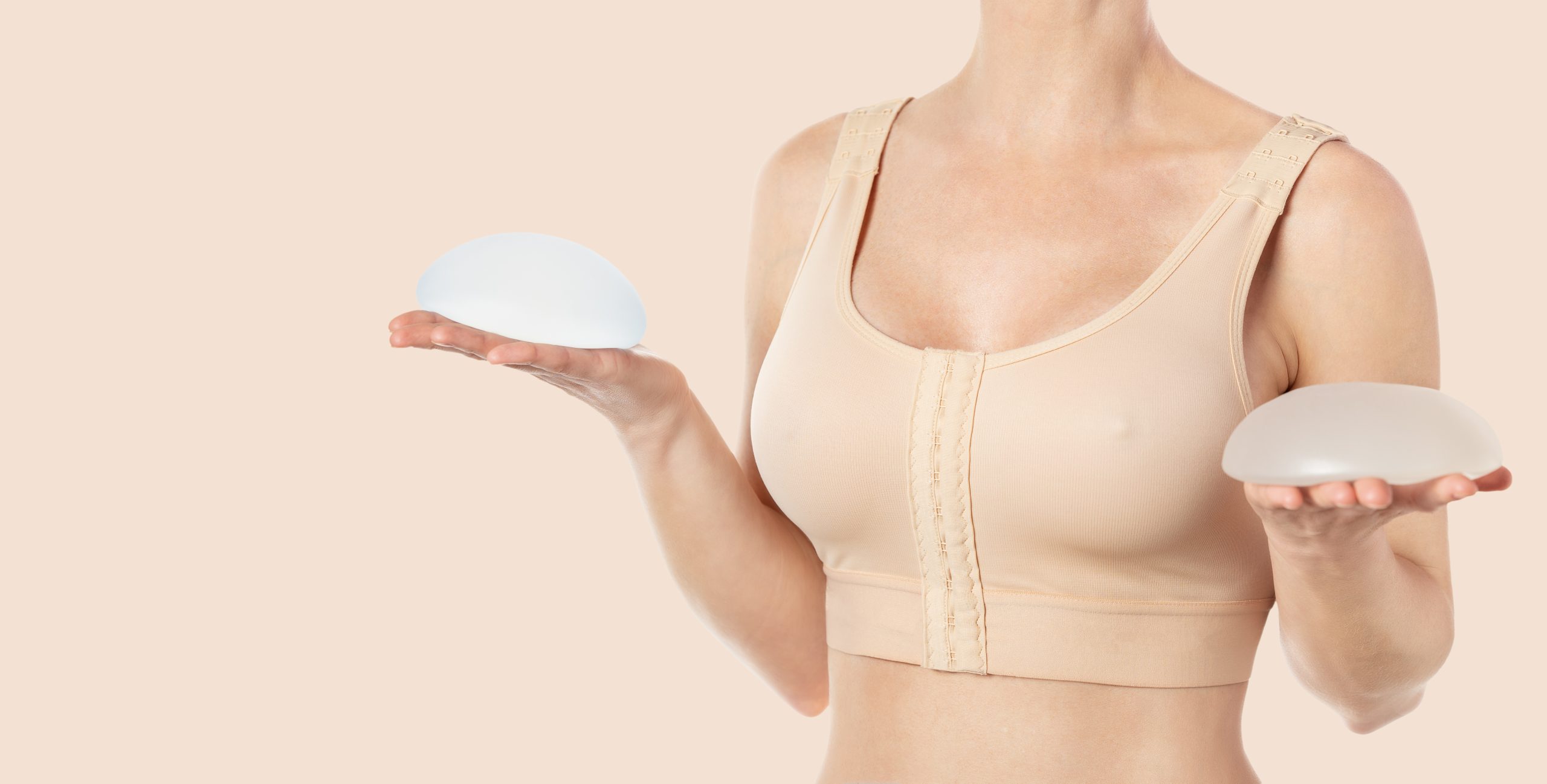
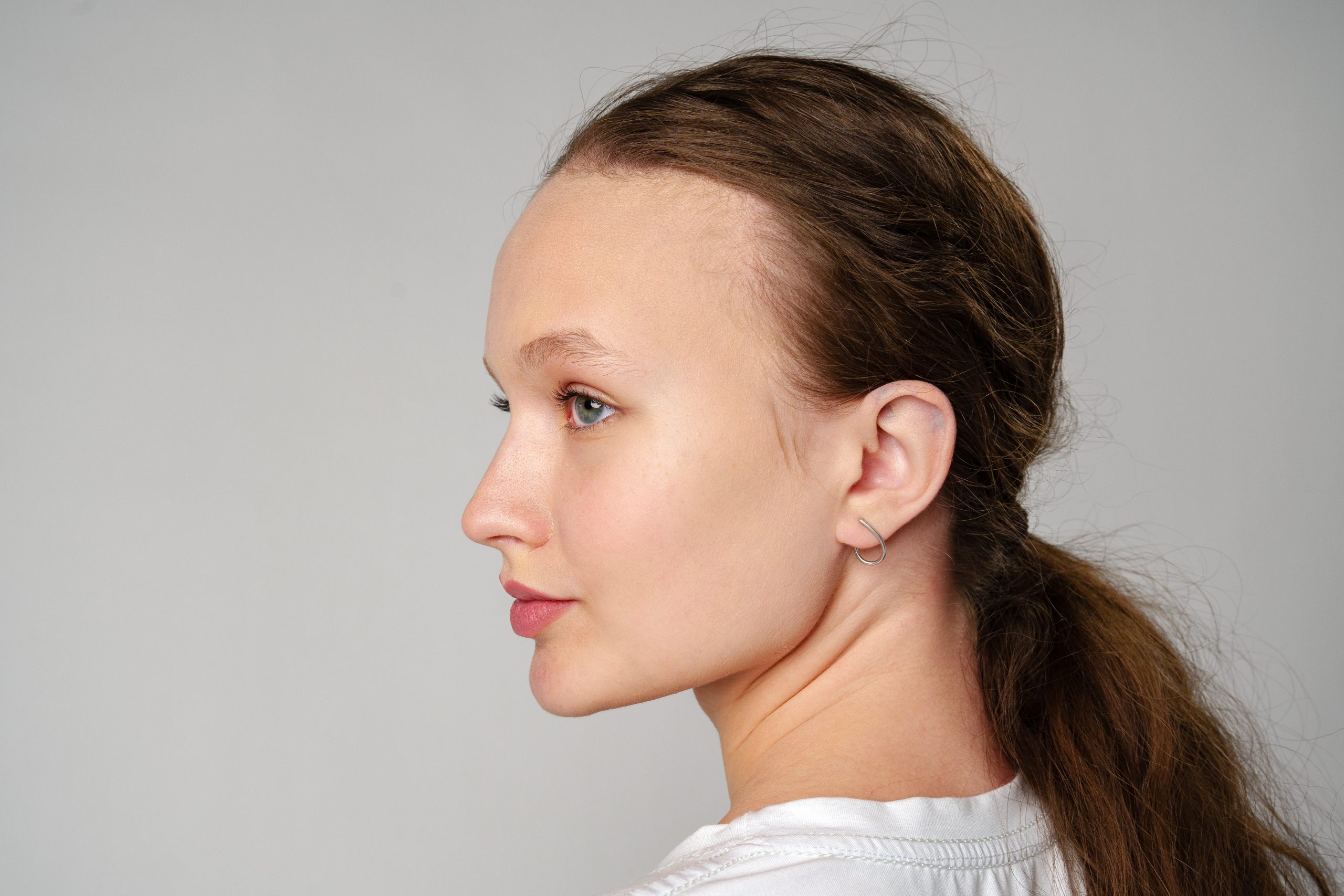
The Psychological Benefits of Rhinoplasty
Embracing Confidence from the Inside Out
At its core, rhinoplasty is more than a cosmetic intervention; it’s a deeply personal journey toward self-assurance and clarity. Beyond reshaping the nose, it can reshape how one feels in their own skin. When we align the outside reflection with our inner sense of self, the results often extend far beyond the mirror.
Reclaiming SelfConfidence
Many people who seek rhinoplasty describe feeling at odds with their reflection, a disconnect that can quietly erode self-esteem. Perhaps the nose feels too prominent, too asymmetrical, or simply at odds with the rest of the face. The decision to pursue rhinoplasty often starts with a desire to bridge that gap and see the person they’ve always felt inside.
After surgery, patients frequently share stories of newfound ease: mirrors become allies rather than adversaries, social interactions feel less fraught, and self-conscious habits like avoiding photos or smiling with hesitation begin to fade. Restoring harmony to one’s appearance can rekindle confidence in everyday moments.
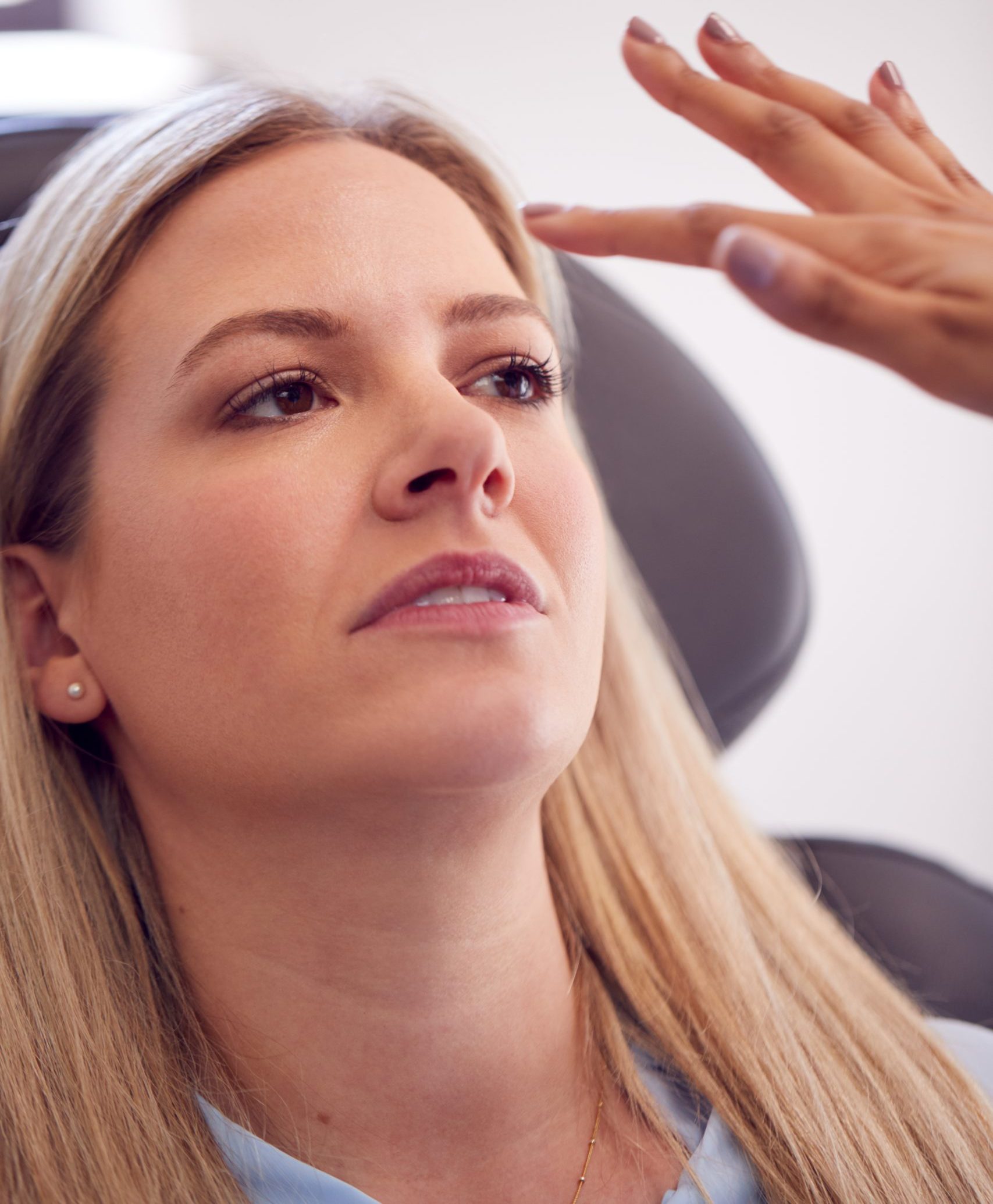
Reducing Social Anxiety and SelfCriticism
We live in a world saturated with images and expectations, and facial features are often scrutinised, not always gently. For those who feel their nose draws unwanted attention or makes them stand out in a way that feels uncomfortable, this scrutiny can translate into chronic self-consciousness and anxiety.
Rhinoplasty often relieves that internal unease. Patients speak of familiar settings, work, parties, and gatherings transforming from places of silent judgment to environments where they can simply be themselves. When the constant inner dialogue softens, space opens for authentic connection and presence.
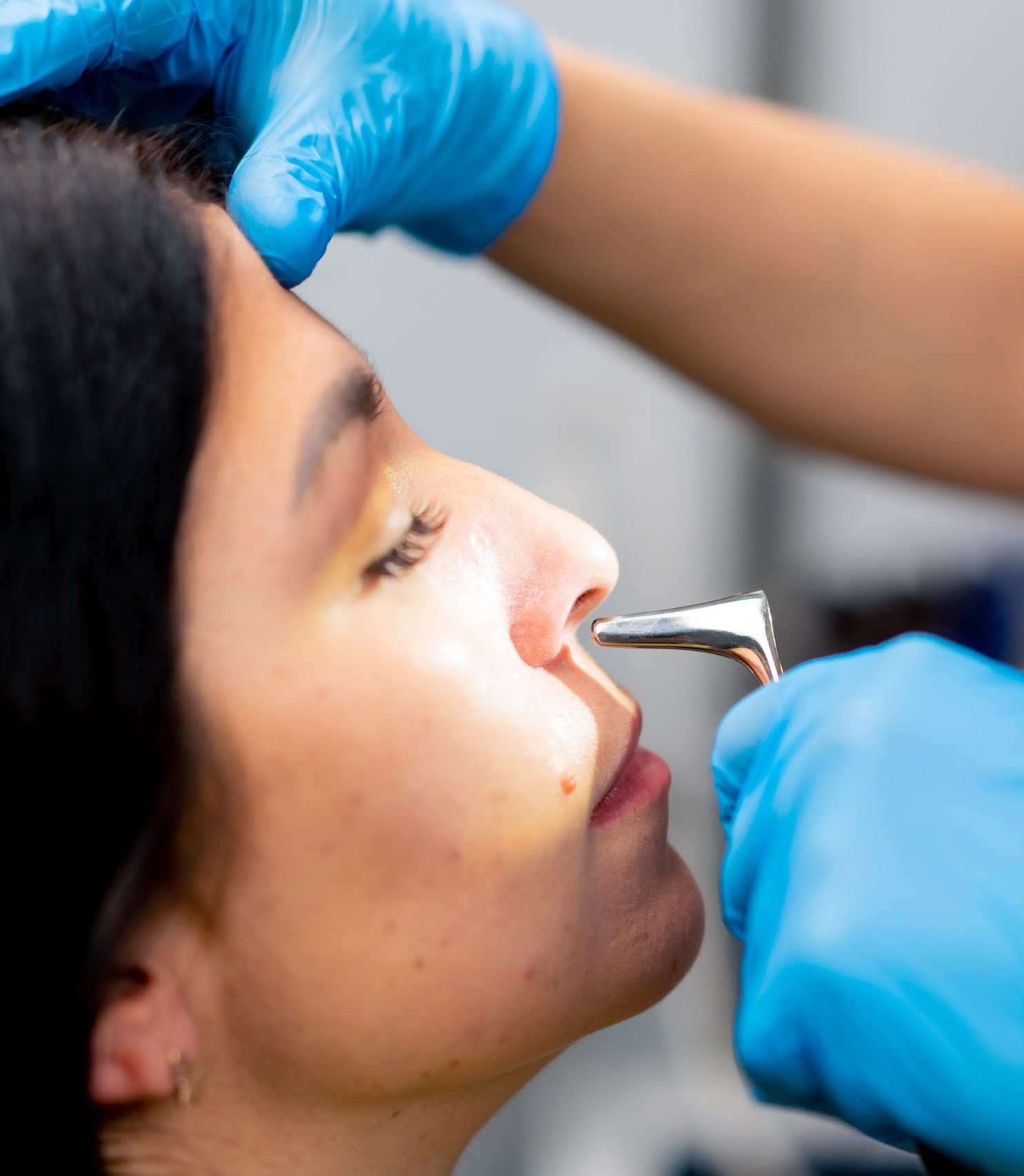
Alignment with SelfImage
For many, rhinoplasty isn’t an attempt to conform, it’s an act of alignment. It’s not about erasing identity, but refining aspects that feel out of sync. Whether adjusting a dorsal hump, refining the tip, or improving symmetry, these changes can deepen resonance between one’s inner identity and outward expression.
The outcome? A reflection that doesn’t distract or detract but supports. This kind of facial harmony can reinforce a more grounded sense of identity, reducing the dissonance that comes from feeling “off” or misaligned with one’s own appearance.
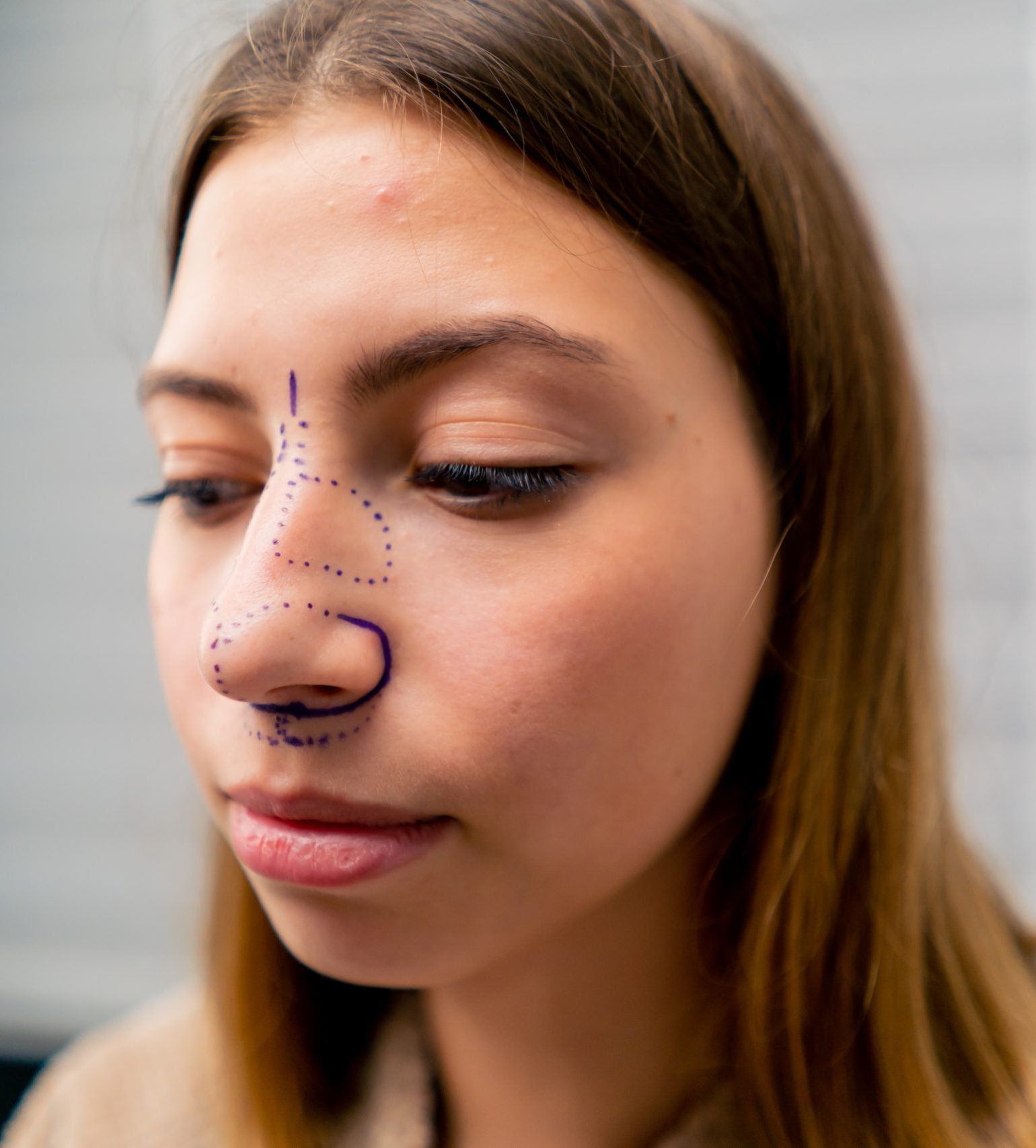
Enhanced Emotional Resilience
Undergoing any surgery, and rhinoplasty in particular, requires courage. That process, when paired with a supportive, understanding clinical environment, can foster growth far beyond the surgical site. Working through hopes, fears, expectations, and healing builds trust in one’s own resilience.
Patients often emerge with more than a refined nasal profile—they gain emotional momentum. The confidence to face new challenges, to invest in other forms of self-care, or to simply stand a bit taller can ripple into broader improvements in mental and emotional wellbeing.
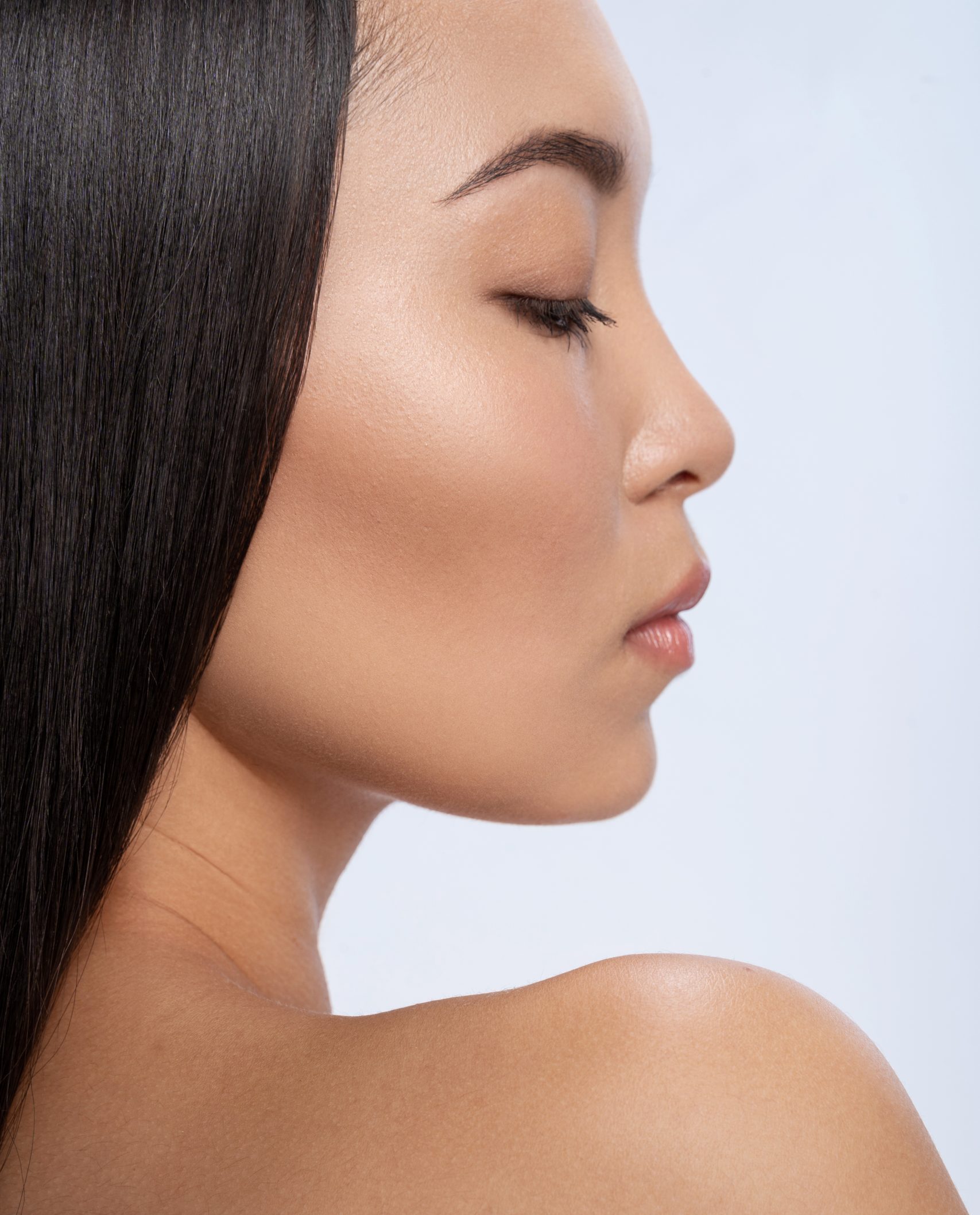
Inspiration for Holistic SelfCare
Choosing rhinoplasty can spark a wider cascade of selfinvestment. After caring for their healing body, many people feel motivated to also care for it in other ways, whether through improved sleep, mindfulness, skincare, physical wellness, or emotional balance.
This is meaningful because it reflects a shift from self-criticism to self-appreciation. That shift can be transformative, inspiring habits that nurture not only how one looks, but how one feels from within.
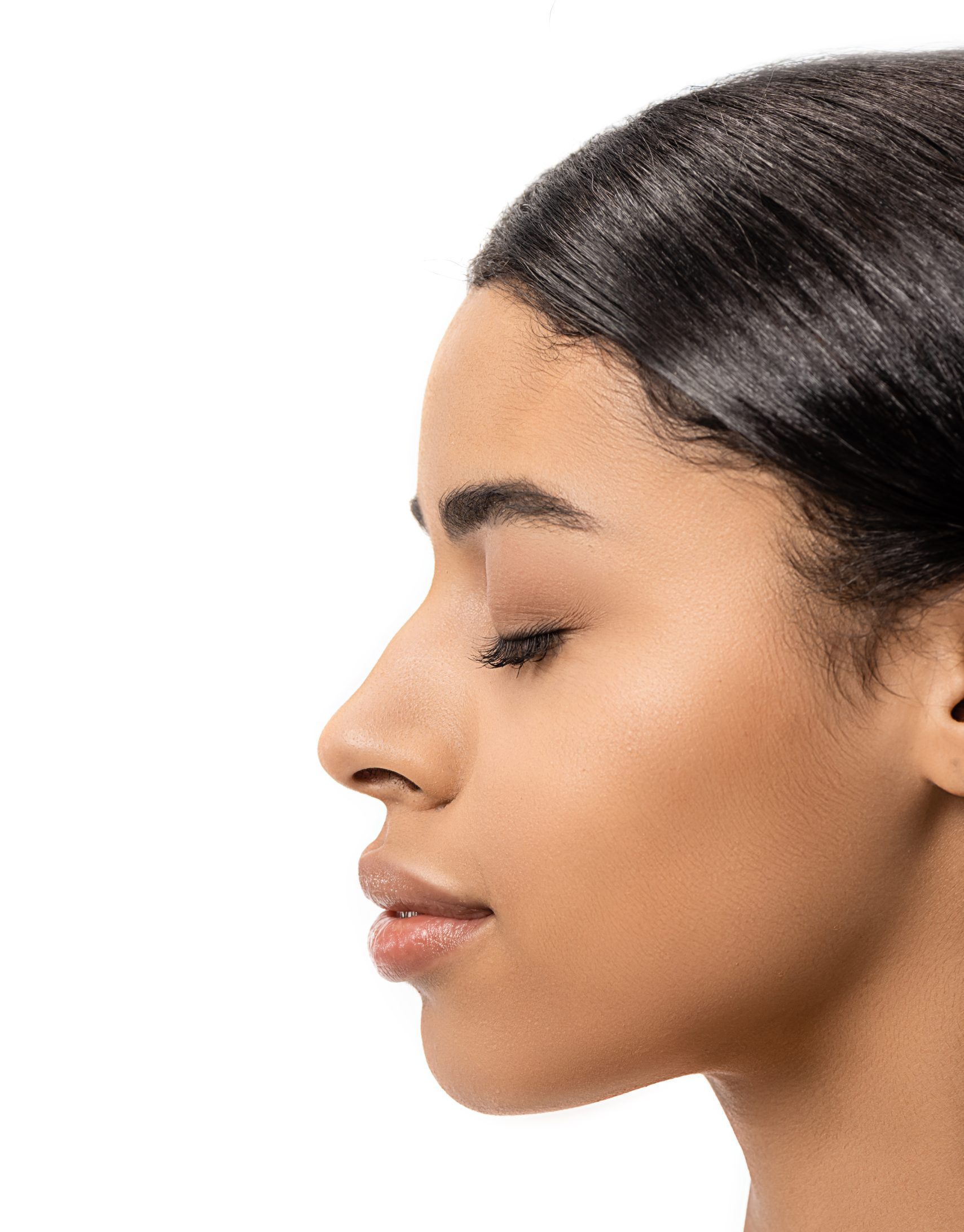
The Role of Compassionate Care
No surgical journey exists in isolation. The relationship between patient and clinician significantly shapes the psychological outcome. A compassionate, patient-centred approach one that listens deeply and honours individual stories, can ease anxiety, build trust, and foster healing long before the procedure begins.
At clinics that prioritise empathy and clear communication, patients often describe the process as validating, empowering, and emotionally supportive. They don’t just leave with altered anatomy—they leave feeling seen, heard, and better equipped to embrace their image and identity.
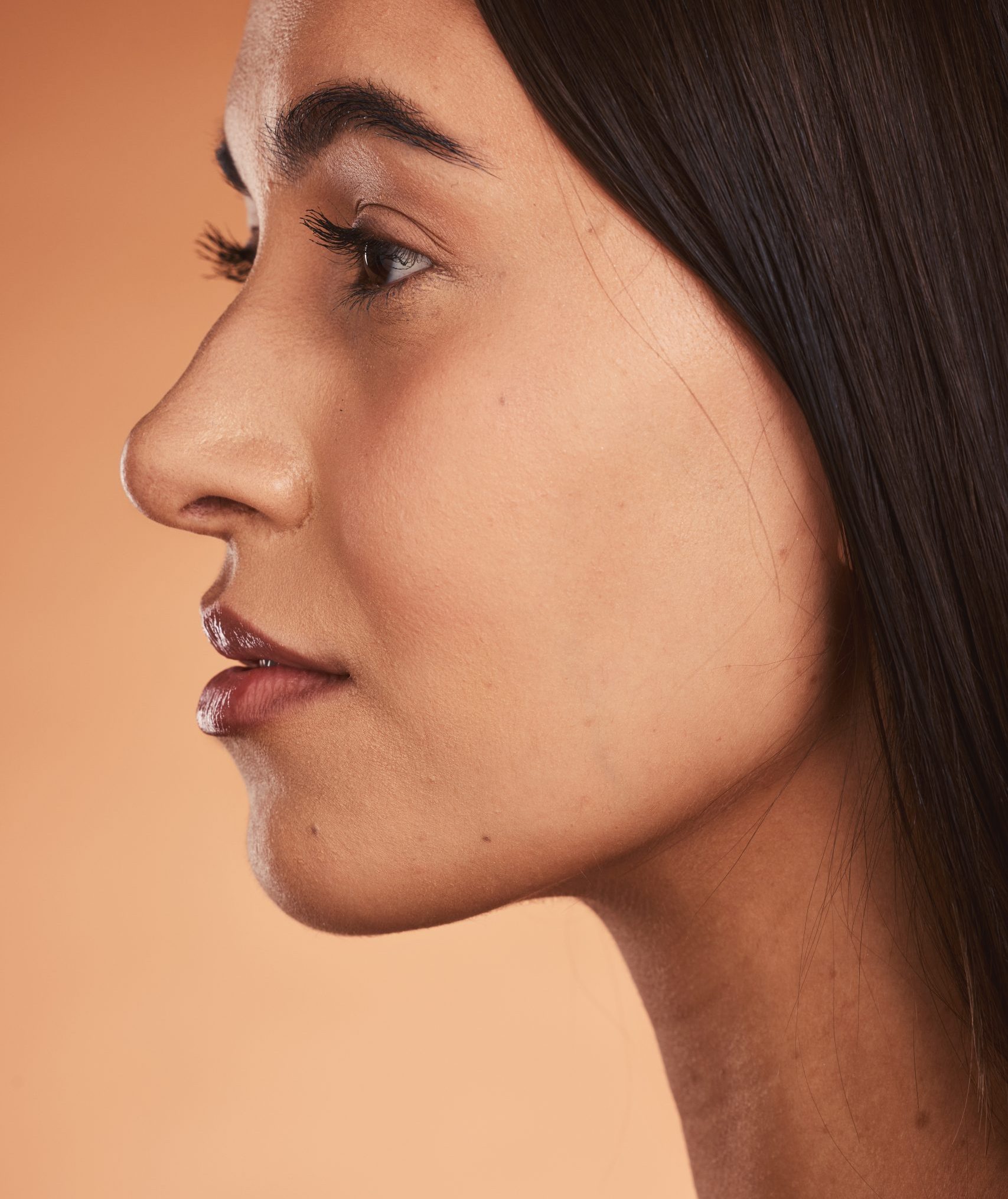
Redefining Relationships with Self and Others
Post-rhinoplasty, many people notice subtler shifts in how they relate to people, friends, colleagues, romantic partners, even strangers. When self-consciousness loosens, presence rises. Conversations may feel more spontaneous, laughter more genuine.
A renewed sense of ease can also colour internal dialogue. Where once the mind fixated on flaws, it may now rest more often in self-acceptance. This internal softness can ripple outward—inflecting tone, demeanour, the quality of interpersonal connection.
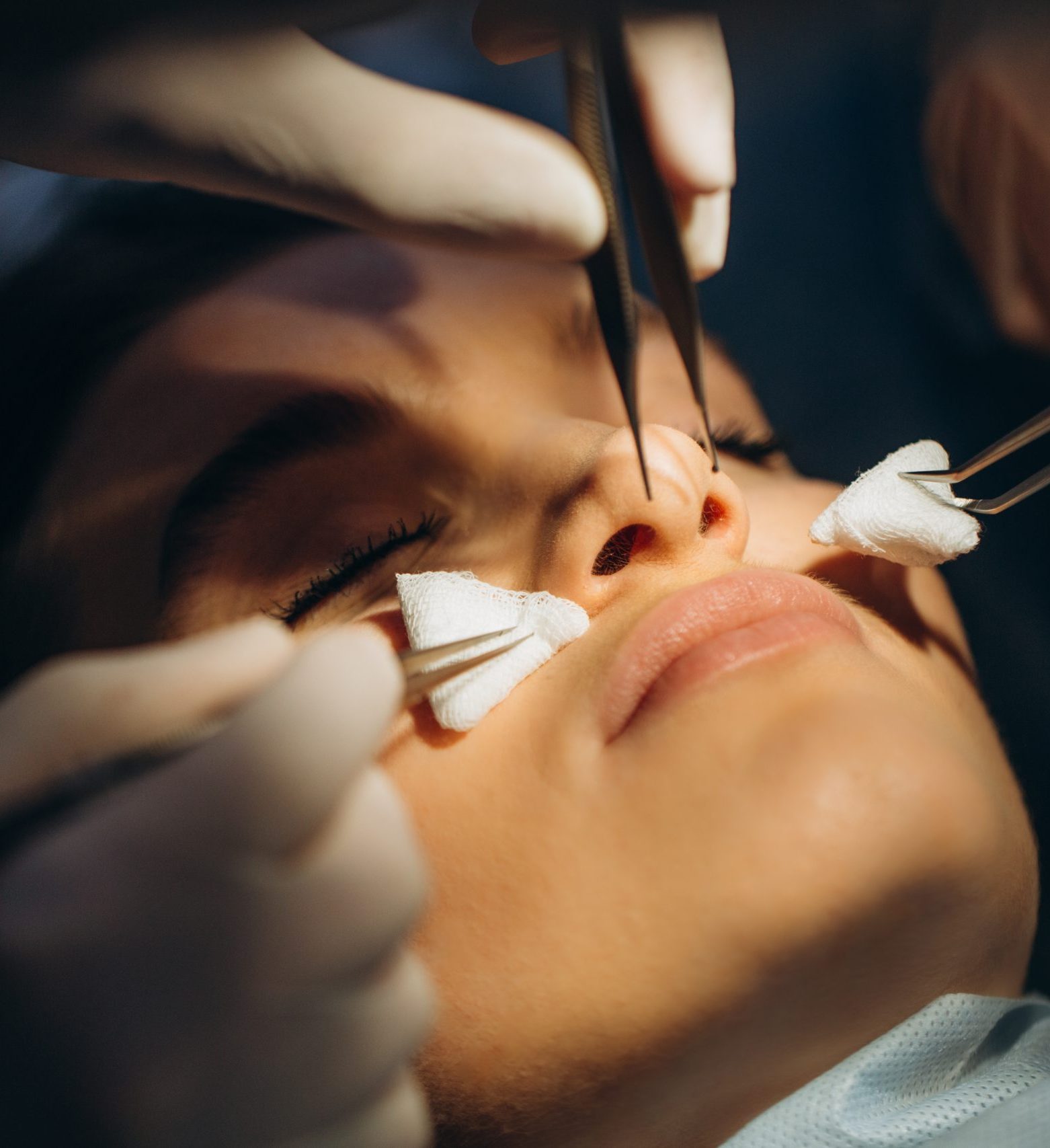
Recognising Psychological Boundaries
It’s important to acknowledge that rhinoplasty is not a universal remedy and healthy outcomes rely on realistic expectations, sound mental well-being, and supportive decision-making. It’s not a panacea, but for many, it’s a thoughtful step toward alignment when rooted in self-awareness rather than idealisation.
Qualified professionals recognise this. They screen for emotional readiness, ensure patients understand both possibilities and limitations, and guide them toward holistic wellness, whether through supportive counselling, medical preparation, or post-operative care.

Closing Thoughts: More Than a Profile Change
Rhinoplasty, when approached with respect for the mind as much as the body, can unlock powerful psychological shifts. It offers more than refined contours it can renew the way you feel in the mirror, in the room, and in your own skin.
The transformation isn’t simply cosmetic, it’s emotional. It speaks to identity, confidence, self-compassion, and presence. With the right support, rhinoplasty can help people step into a fuller version of themselves with gentleness, authenticity, and poise.
If you’re considering rhinoplasty, take time to reflect not just on the physical outcome, but on how you want to feel afterward. Your feelings, your identity, and your journey matter as much as any profile view.

